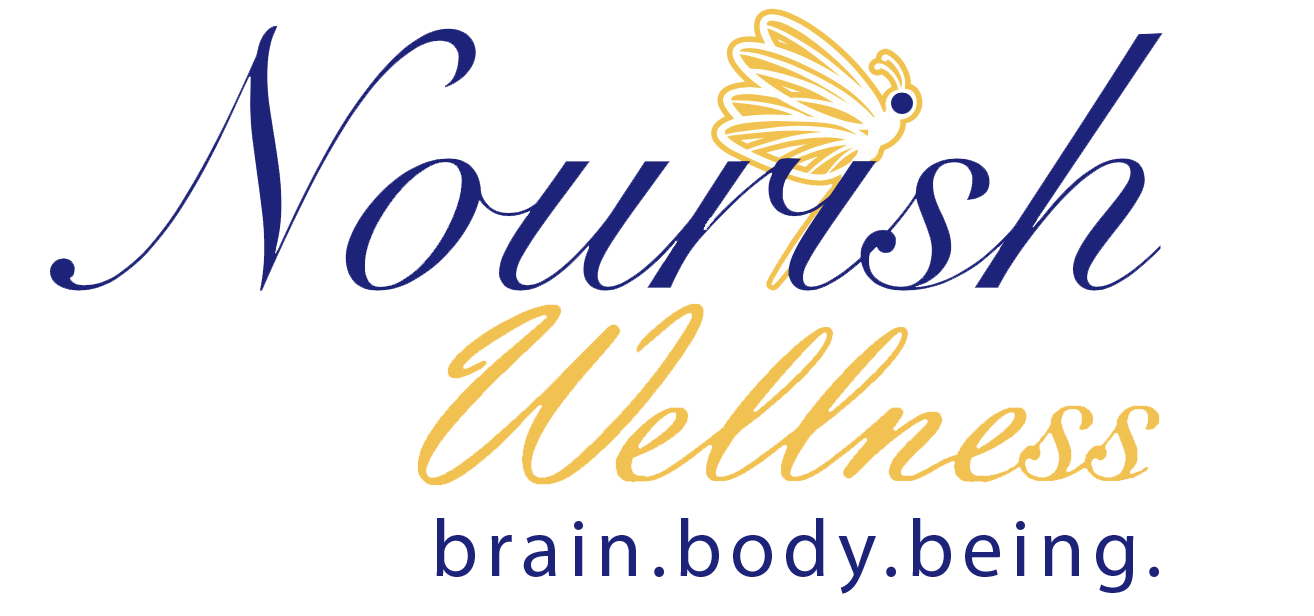In a world that often emphasizes the importance of external validation, the concept of self-love has emerged as a powerful and transformative force. But what exactly is self-love? Beyond the trendy hashtags and inspirational quotes, self-love is a profound and fundamental aspect of well-being beyond surface-level affirmations. Our sense of self-worth influences every aspect of our lives, from relationships to professional endeavors. When we value ourselves, we set the stage for positive mental health. Conversely, low self-worth can manifest as anxiety, depression, and a persistent feeling of inadequacy. Let’s explore the essence of self-love, its significance, and how cultivating a healthy relationship with oneself can lead to a more fulfilling and empowered life.
Defining Self-Love
At its core, self-love is caring for and valuing oneself. It involves recognizing and accepting one’s worth, embracing strengths and weaknesses, and fostering a positive relationship with one’s being. Self-love is not about arrogance or narcissism but rather a balanced acknowledgment of one’s intrinsic value as a human being. Self-love is about treating oneself unconditionally with kindness, compassion, and acceptance.
Key Components of Self-Love
1. Self-Acceptance: Central to self-love is the acceptance of oneself, flaws, and all. This involves embracing imperfections, acknowledging mistakes, and understanding that nobody is perfect. Self-acceptance is the foundation upon which a healthy self-love journey is built.
2. Self-Care: Taking care of your physical, emotional, and mental well-being is integral to self-love. This includes meditation, yoga, regular exercise, nourishing the body with healthy food, getting enough rest, and engaging in activities that bring joy and relaxation.
3. Setting Boundaries: Respecting your limits and learning to say “no” when necessary is essential to self-love. Setting boundaries is a way of prioritizing your needs and preserving emotional energy.
4. Positive Self-Talk: Speaking to ourselves internally shapes our self-perception. Practicing positive self-talk involves replacing self-criticism with affirming and supportive language. This can boost confidence and contribute to a more positive self-image.
5. Forgiveness: Holding onto past mistakes or harboring resentment towards yourself can harm self-love. Forgiving yourself for past errors and learning from them is crucial in fostering a compassionate relationship with yourself.
6. Gratitude: Cultivating gratitude redirects our focus from what we lack to what we have. By acknowledging and appreciating the positive aspects of your life, you create a mindset that fuels self-love and contentment. Practicing gratitude can shift your focus from what you lack to what you have, fostering emotional well-being and peace of mind.
Significance of Self-Love
1. Improved Mental Health: Cultivating self-love has been linked to improved mental health outcomes. By practicing self-compassion and acceptance, you are better equipped to navigate life’s challenges and cope with stress.
2. Enhanced Relationships: A healthy relationship with yourself lays the groundwork for healthier interactions with others. When you value and care for yourself, you are more likely to establish boundaries, communicate effectively, and engage in mutually beneficial relationships.
3. Increased Resilience: Self-love contributes to greater resilience in the face of setbacks. When you have a strong sense of self-worth, you are better equipped to bounce back from adversity, viewing challenges as opportunities for growth rather than insurmountable obstacles.
4. Authentic Living: Embracing self-love allows you to live authentically, true to your values and desires. This authenticity fosters a sense of purpose and fulfillment, leading to a more meaningful and satisfying life.
Self-love is not a destination but a continuous journey of self-discovery and growth. It requires ongoing effort, patience, and a commitment to prioritizing well-being. By understanding the essence of self-love and incorporating its principles into daily life, you can embark on a transformative path toward empowerment, resilience, and a deeper connection with yourself and the world around you. The key is approaching these moments with self-compassion and an understanding that growth and self-discovery are lifelong processes.
Let me know if this blog article was beneficial and informative to you. Nourish Wellness Center offers ongoing Therapeutic Mindfulness Events, Support Groups, and Workshops. Please visit our Event Page on our website for upcoming dates and details.
www.nourishwellnesscenter.com
